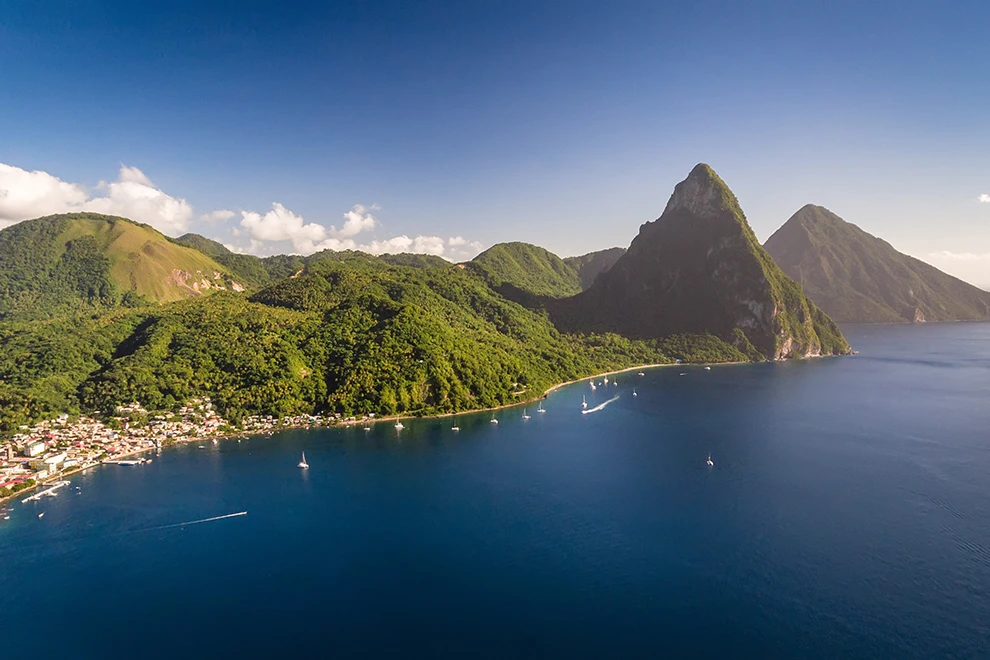The Caribbean Ministerial Summit on Parliamentary Conservation Caucuses brought together Environment Ministers and their staff from Antigua and Barbuda, Dominica, Grenada, and Saint Lucia along with the political opposition and regional stakeholders such as the Global Environment Facility (GEF), the United Nations Environment Programme (UNEP), and Members of the Global Network of Conservation Caucuses to discuss the form and function of Parliamentary Caucuses in the Eastern Caribbean context.
The Summit began with an introduction from David Barron, Founder of the International Conservation Caucus Model Foundation (ICCF) and a keynote address by Hon. Carlos Manuel Rodriguez, CEO and Chairman of the Global Environment Facility (GEF).
Hon Rodriguez endorsed the conservation caucus model for providing legislators with information and data to support policy-making, and emphasized two critical outcomes from the model as being enhanced institutional mechanisms to promote macro-scale perspectives on conservation, and the mobilization of domestic resources to non-fiscal mechanisms. Introductory remarks by Mr. Vincent Sweeney, Head of the Caribbean Sub-regional Unit at UNEP, noted the many regional mechanisms for cooperation that could be leveraged to support the caucuses.
The ICCF Team then introduced the project and caucus model, followed by remarks from members of the global network of conservation caucuses.
Hon. Francis Chachu Ganya, Co-Chair of the Parliamentary Conservation Caucus of Kenya (PCC-K) praised the strong and long-standing collaboration between the PCC-K and the ICCF Group, as demonstrated by the successful legislative outcomes in the country. Hon. Barry Gardiner, Co-Chair of the All-Party Parliamentary Group for International Conservation in the United Kingdom (APPG-IC-UK) highlighted the role of the caucus model in bringing together various party and policy backgrounds and called on the Caucuses to be a vehicle for principles of fairness, suggesting eventual international exchanges between the APPG and the Caribbean Caucuses.
The Summit led into a discussion on the topics of priority for the Ministers and Leader of the Opposition in Grenada. Minister Alvin Dabreo of Grenada endorsed the caucus model and its bipartisan nature and described the severe economic impact of COVID-19 on the country’s tourism sector and inadequate infrastructure systems with limited funding for improvement. Minister Cozier Frederick of Dominica noted the environmental legislation underway in Dominica’s Parliament, and discussed his own indigenous heritage in noting the need to foster the kind of inherent respect for natural resources practiced by indigenous groups. Honourable Tobias Clement, Leader of the Opposition in the Parliament of Grenada, underscored the need for science-based action and encouraged legislators to consider what legacy they would leave for future generations through their policies. The diverse range of portfolios for each Minister revealed the intersectional nature of environmental conservation with other issues, including health policy, educational enhancement, and indigenous community engagement. The participants and Ministers agreed to remain engaged and support the caucus model implementation in each country, and expressed a mutual anticipation for future collaboration.

 Regional Headquarters
Regional Headquarters